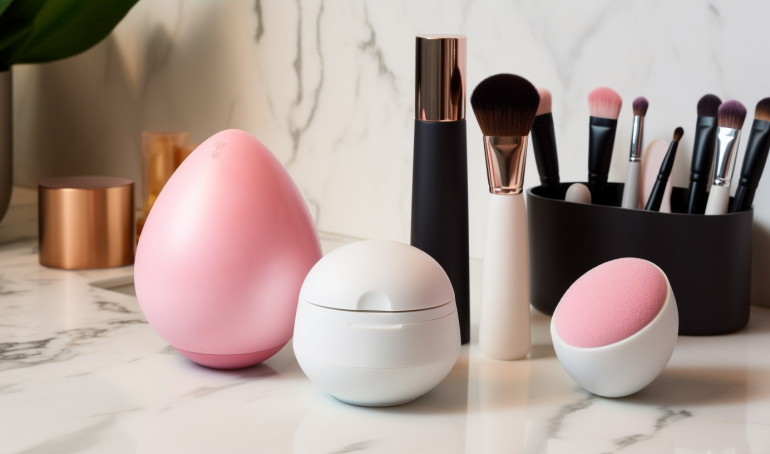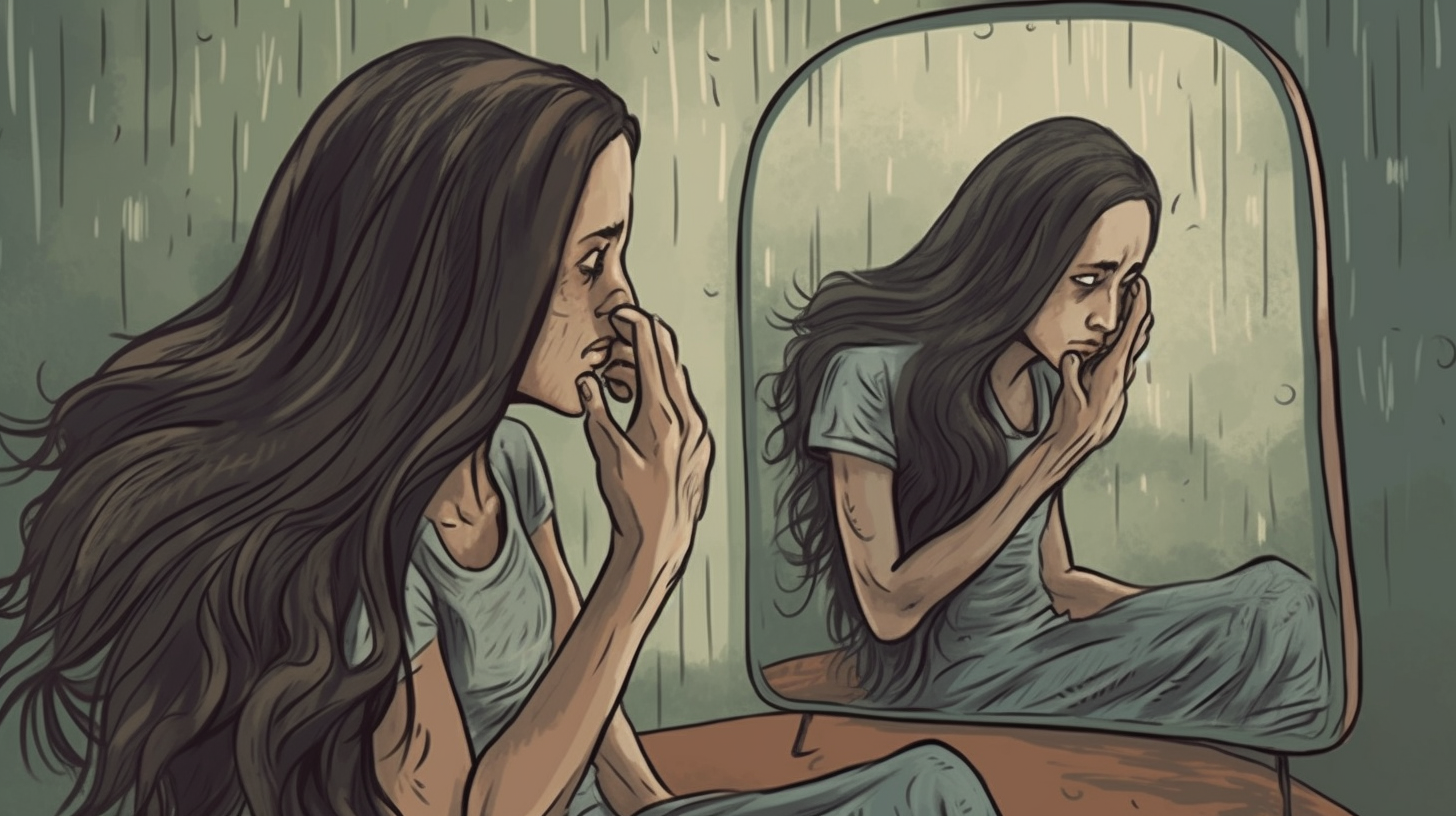
Can Vitamins Be the Solution to Your Hair Loss Troubles?
Are you searching for a solution to your hair loss troubles? You’re not alone. Millions of people worldwide experience hair loss, affecting their self-esteem and overall quality of life. While plenty of factors contribute to hair thinning and baldness, one aspect often overlooked is the role of vitamins and nutrients in maintaining healthy hair. This article will delve into the world of vitamins for hair loss, discussing their effectiveness and how they can help promote hair growth.
Understanding Hair Loss
Hair loss occurs when the natural cycle of hair growth and shedding is disrupted or when the hair follicle is destroyed and replaced with scar tissue. Several factors can lead to hair loss, such as genetics, hormonal changes, medical conditions, medications, radiation therapy, or even stress. Poor nutrition may also play a role in weakening hair strands and triggering hair fall.
Vitamins for Hair Loss: Can They Help?
Research shows that certain vitamins and minerals are essential for maintaining healthy hair growth. A deficiency in these nutrients may result in weak, brittle strands prone to breakage or even lead to hair loss. That’s where vitamins for hair loss come into play. These essential nutrients can help address deficiencies and encourage healthier, stronger locks.
Vitamin D and Hair Loss
Vitamin D plays an essential role in promoting healthy skin and follicle function. Studies indicate that vitamin D deficiency may be linked to alopecia areata (an autoimmune disorder causing patchy hair loss) and female pattern baldness. Supplementing with vitamin D can help improve overall scalp health and support healthy hair growth.
Vitamin E for Hair Growth
Vitamin E has antioxidant properties that protect cells from damage caused by free radicals. It helps maintain a healthy scalp by reducing oxidative stress from environmental factors like pollution or UV radiation. Furthermore, vitamin E can improve blood circulation in the scalp, promoting healthy hair growth.
Vitamin C for Hair Loss
Vitamin C is essential for collagen production – a protein that makes up a significant part of hair structure. Additionally, it aids in iron absorption, a crucial mineral for healthy hair growth. A deficiency in vitamin C can lead to dry, brittle hair that’s prone to breakage and shedding.
Biotin for Hair Loss
Biotin, also known as vitamin H or B7, plays a critical role in keratin production – the primary protein that makes up our hair. Consequently, biotin deficiency can lead to weak, brittle strands and ultimately result in hair loss. Numerous studies show that biotin supplementation can improve overall hair health and reduce shedding.
Iron and Hair Loss
Iron is an essential mineral required for healthy hair growth, as it helps deliver oxygen to the hair follicles. An iron deficiency can cause anemia, leading to hair loss and slowed growth. Ensuring sufficient iron intake through diet or supplements can help prevent iron-deficiency-related hair loss.
Zinc for Hair Loss
Zinc is vital for cell division and tissue repair, including regenerating hair follicles. It also plays a role in maintaining hormonal balance and protecting cells from oxidative stress. A zinc deficiency can lead to weakened strands and increased shedding.
Choosing the Best Vitamins for Hair Loss
While it’s clear that certain vitamins and minerals play essential roles in maintaining healthy locks, it’s important not to rely solely on supplements as a quick fix solution. It’s vital first to address any underlying health issues or nutrient deficiencies that may be contributing to your hair loss troubles.
- Consult with a healthcare professional to determine the root cause of your hair loss and any deficiencies that may be contributing to the problem.
- Eat a balanced diet rich in fruits, vegetables, lean proteins, and healthy fats to ensure you are getting all the necessary nutrients for healthy hair growth.
- Consider taking a high-quality multivitamin to boost your nutrient intake and address any potential deficiencies.
- Be patient. Hair growth takes time, so don’t expect immediate results from incorporating vitamins into your routine. It can take several months before you see noticeable improvements in hair thickness and quality.
In Conclusion
Vitamins for hair loss can be an effective solution for those experiencing thinning or shedding due to nutrient deficiencies. By addressing these deficiencies with targeted vitamins and minerals, we can promote healthier, stronger locks. However, it’s essential to remember that vitamins alone may not always be the answer – a balanced diet and addressing underlying health issues should be the first line of defense against hair loss troubles.





